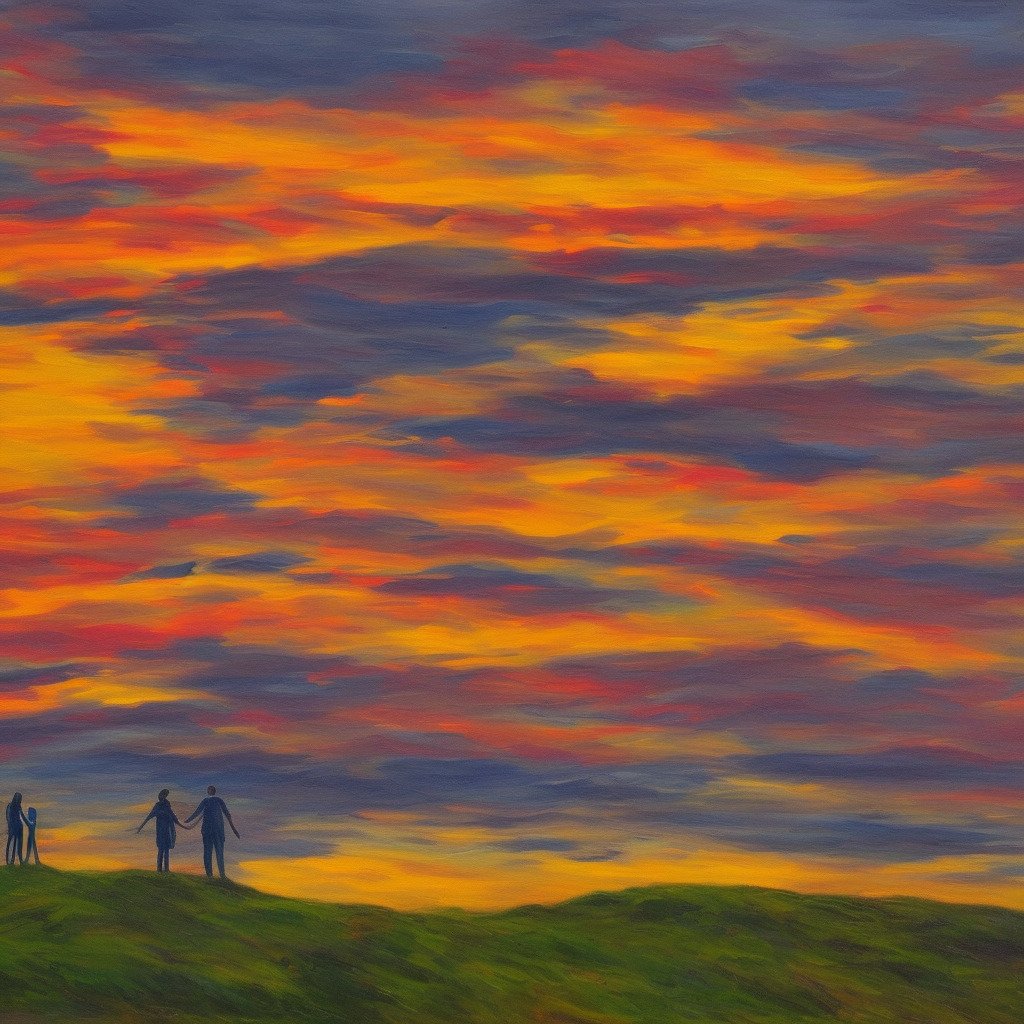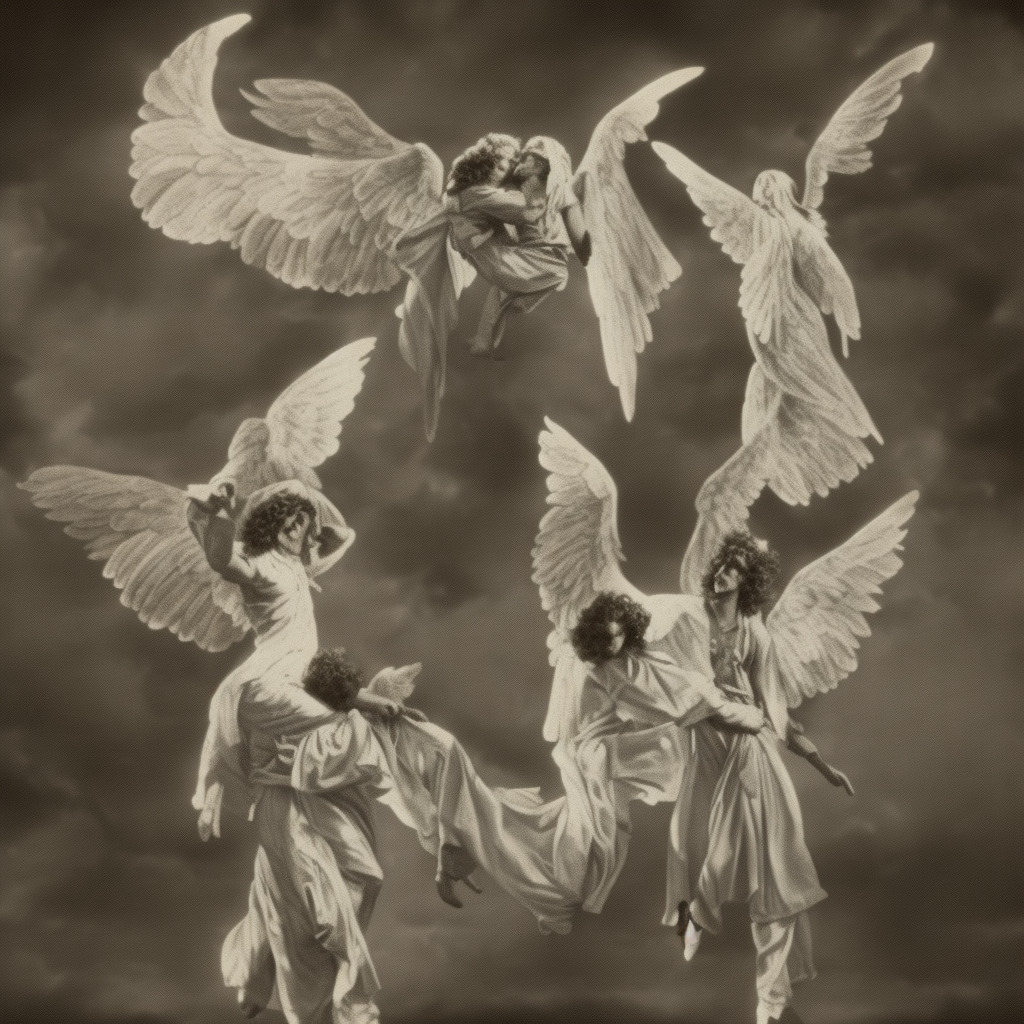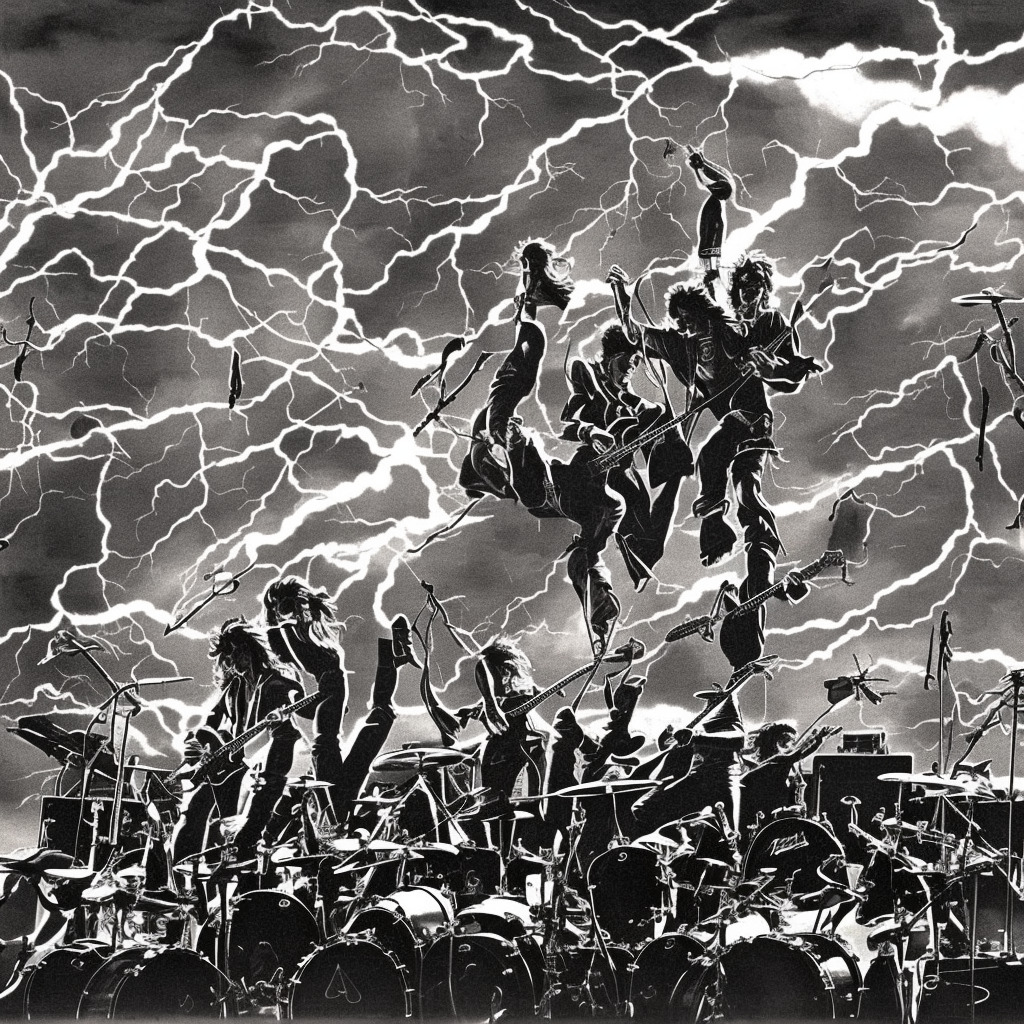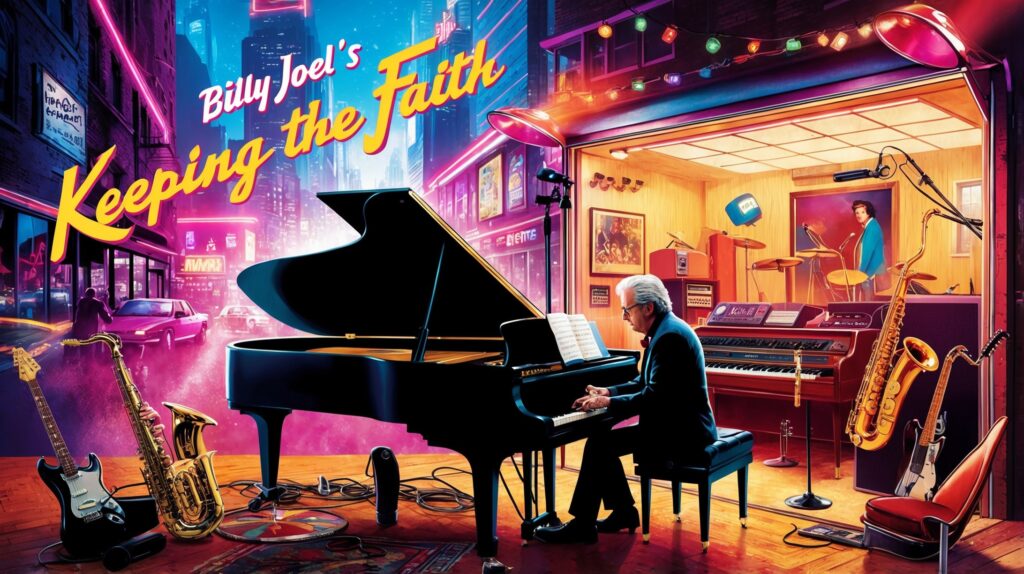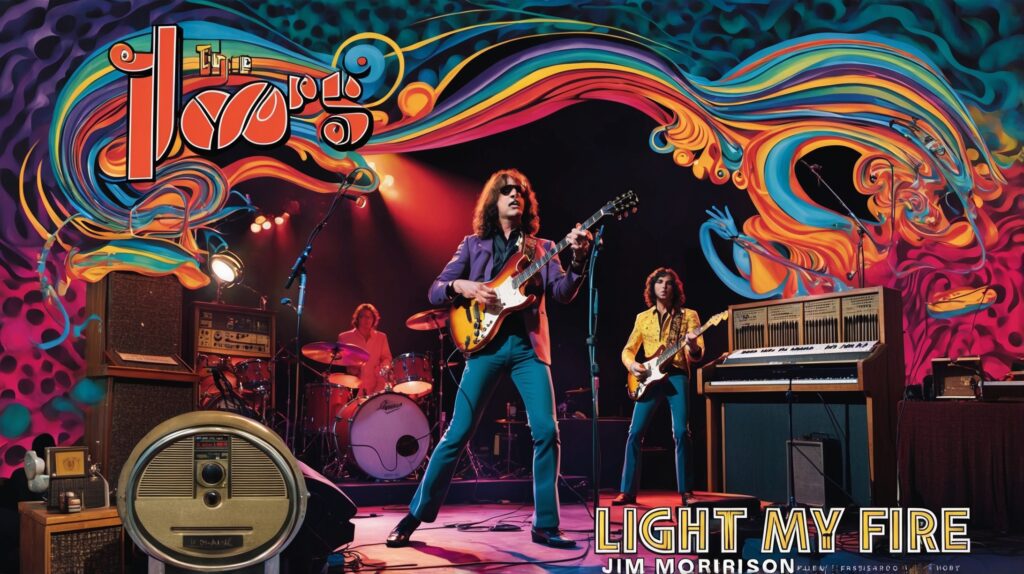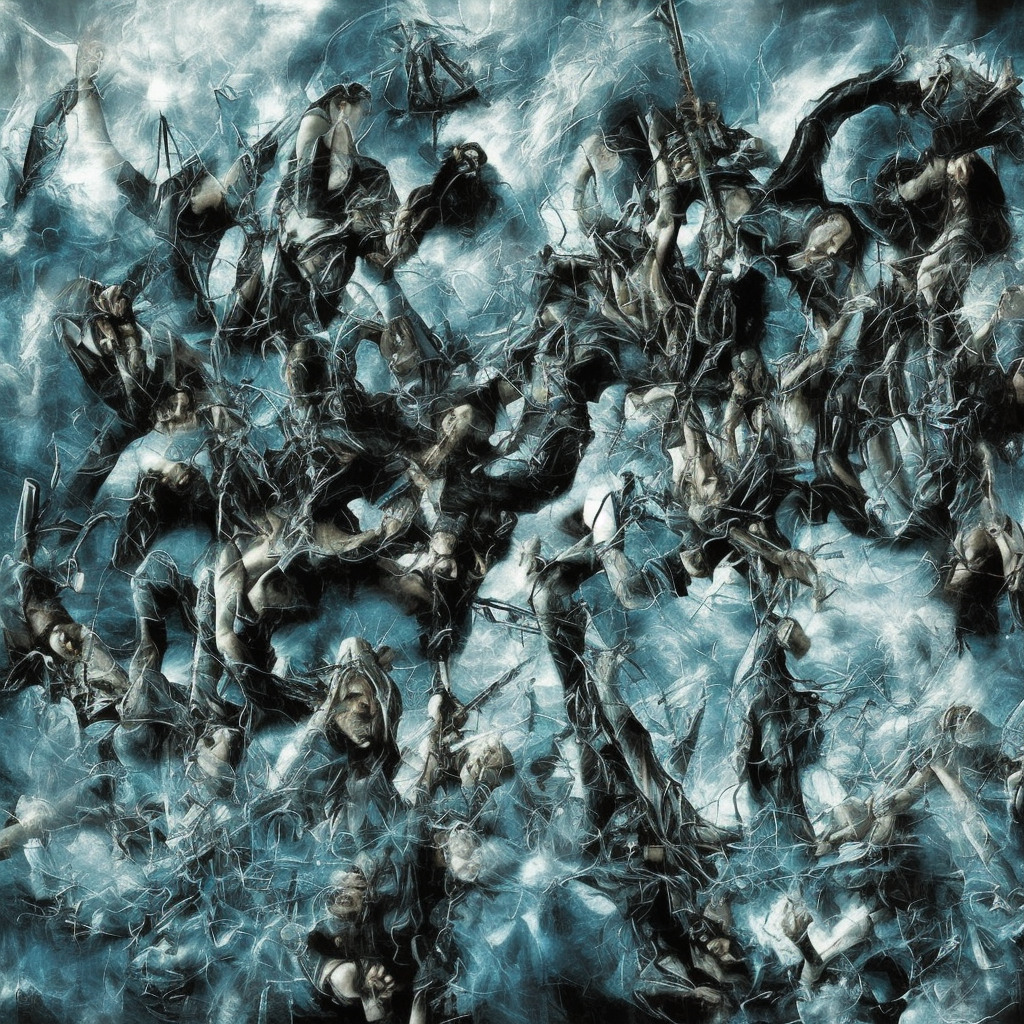🎸Did you know? “Hotel California” by #Eagles was inspired by a drive through LA’s nightlife! 🌃 A timeless classic with mysterious allure. 🧳🚪Let’s check-in! #HotelCalifornia #ClassicRockTrivia Read about it: tinyurl.com/y6yzftrc
Unraveling the Legacy of the Eagles and their Timeless Classic
“Exploring the enigmatic allure of the Eagles’ timeless classic “Hotel California” and its lasting impact on American rock music, despite criticisms of their formulaic approach.”
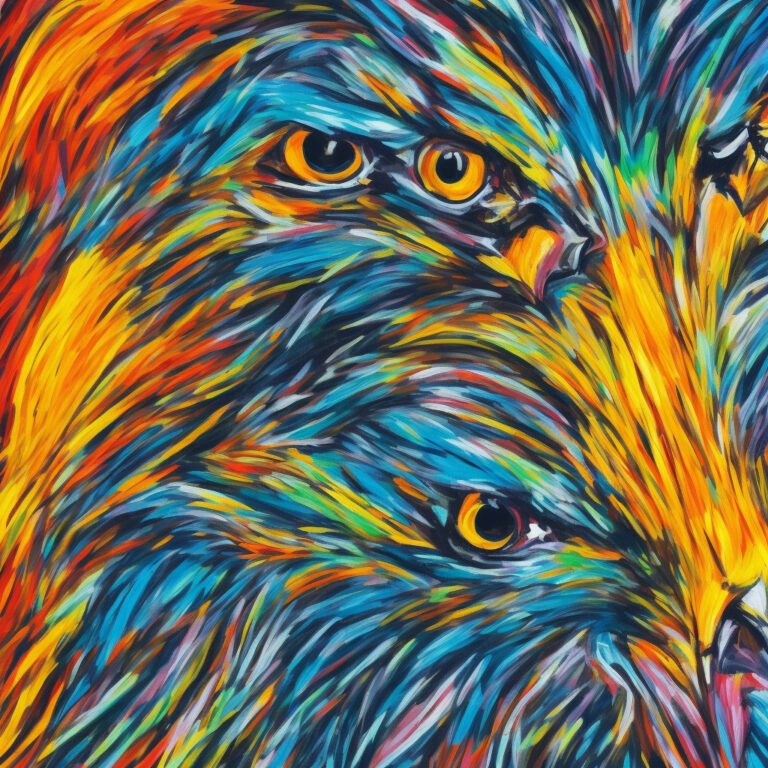
Since their inception in 1971, the Eagles have consistently held their position as one of the most iconic American rock bands of all time. With a lineup consisting of Don Henley, Glenn Frey, Bernie Leadon, and Randy Meisner, the band quickly rose to fame and solidified their place in rock and roll history. Over the years, the lineup has seen various changes, with Joe Walsh and Timothy B. Schmit being part of the band’s success in later years.
One song that has stood out and remains etched in the minds and hearts of millions is the enigmatic “Hotel California.” Released in 1976 as part of their fifth album, this song is often considered their magnum opus, a defining moment in their career. This classic is known for its intricate guitar work, haunting lyrics, and melodies that blend elements of folk, rock, and country music.
While “Hotel California” was a massive commercial success, peaking at the number one spot on the Billboard Hot 100 chart, the composition has often been a subject of speculation and interpretation. With references to excess, addiction, and the dark side of the American dream, the enigmatic lyrics of the song have been dissected and analyzed in myriad ways. Despite the various interpretations, the band members have always maintained that the song was a symbol of the hedonistic lifestyle that pervaded the music industry in the 1970s.
Despite the undeniable brilliance of “Hotel California,” the Eagles have faced some criticisms over the years. Many detractors have accused the band of being formulaic and producing music tailored specifically for commercial appeal. Critics argue that the band’s reliance on the polished sound of country and folk-rock, combined with their clean harmonies, overshadowed their ability to push boundaries and be more experimental in their music.
Nonetheless, the Eagles’ impact on the music industry remains undeniable, earning numerous awards and accolades throughout their career. Their most notable achievements include six Grammy Awards, five American Music Awards, and the 1998 induction into the Rock and Roll Hall of Fame. “Hotel California” itself has earned its fair share of recognition, with the song being inducted into the Grammy Hall of Fame in 2003.
In conclusion, the Eagles and their timeless classic “Hotel California” hold a special place in the pantheon of American rock music. While the band may have faced criticism for their formulaic approach to music, the sheer magnitude of their commercial success and their ability to leave an indelible mark on the cultural landscape cannot be denied. The legacy of the Eagles and “Hotel California” will likely continue to inspire musicians and resonate with fans for generations to come.
Soaring High on the Charts
“Hotel California” soars through time, claiming hearts and charts with its haunting melody, evocative lyrics, and iconic guitar solos since 1977.
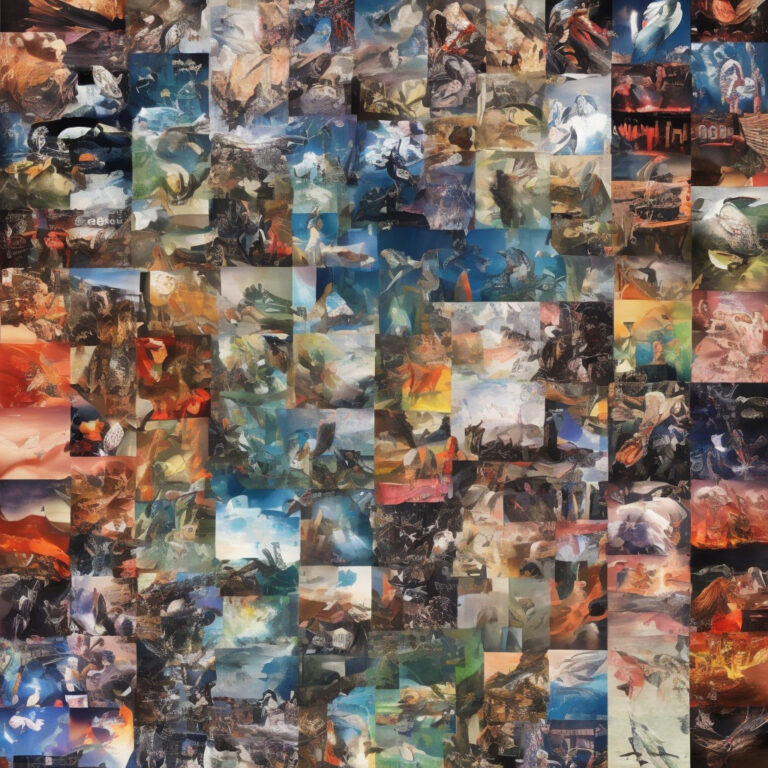
Released as a single on February 22, 1977, “Hotel California” quickly made its way onto the Billboard Hot 100 chart. It entered the chart at No. 72 on March 12, 1977, and began its steady ascent, captivating listeners with its haunting melody and evocative lyrics.
Eventually, on May 21, 1977, the song claimed the coveted No. 1 spot, knocking Leo Sayer’s “When I Need You” from the top position. It held its ground for an impressive total of 19 weeks on the chart, cementing its status as a timeless classic.
But the song’s success didn’t end there. “Hotel California” also made waves internationally, reaching the top of the charts in Canada and New Zealand while making it to the top 10 in numerous countries such as Australia, Belgium, Norway, and the United Kingdom.
In addition to its chart success, “Hotel California” also garnered critical acclaim, winning the 1978 Grammy Award for Record of the Year. The song’s impressive guitar work by Don Felder and Joe Walsh was particularly praised, and the iconic guitar solo has been consistently ranked among the best in rock music history.
The song’s enduring popularity has also led to some interesting chart re-entries over the years. For instance, in 1994, an acoustic live version of “Hotel California” recorded during an MTV Unplugged session re-entered the Billboard Hot 100, peaking at No. 33. This rare feat highlighted the timeless appeal of the song, as it continued to resonate with audiences nearly two decades after its initial release.
As the centerpiece of the Eagles’ best-selling album of the same name, which sold over 32 million copies worldwide, “Hotel California” remains an essential part of any music lover’s collection. Its incredible chart success and lasting impact on popular culture serve as a testament to the song’s enduring power and appeal.
Decoding the Enigmatic Lyrics
On a dark desert highway, cool wind in my hair
Warm smell of colitas, rising up through the air
Up ahead in the distance, I saw a shimmering light
My head grew heavy and my sight grew dim
I had to stop for the night
The opening lines of “Hotel California” by the Eagles set the stage for an eerie journey through a mysterious and illusory hotel. The mention of “colitas,” a slang term for the tips of cannabis plants, creates an atmosphere of indulgence and excess associated with the 1970s.
There she stood in the doorway;
I heard the mission bell
And I was thinking to myself,
“This could be Heaven or this could be Hell”
Then she lit up a candle and she showed me the way
There were voices down the corridor,
I thought I heard them say…
The narrator finds himself attracted to a beautiful woman standing in the doorway, while the mission bell symbolizes a possible religious undertone or a call to salvation. The contrasting imagery of heaven and hell reflects the internal struggle and confusion of the time, particularly in relation to spirituality and materialism.
Welcome to the Hotel California
Such a lovely place (such a lovely place)
Such a lovely face
Plenty of room at the Hotel California
Any time of year (any time of year) you can find it here
The chorus welcomes listeners to this enigmatic Hotel California, creating a sense of allure and intrigue. The lyrics emphasize its beauty and the illusion of it being a perfect escape. This could be interpreted as a commentary on the culture of excess in the 1970s and how it often led people down a path of self-destruction and disillusionment.
Mirrors on the ceiling,
The pink champagne on ice
And she said “We are all just prisoners here, of our own device”
And in the master’s chambers,
They gathered for the feast
They stab it with their steely knives,
But they just can’t kill the beast
In these lines, we see the darker side of the Hotel California, where its occupants are prisoners of their own vices and desires. The mirrors on the ceiling and pink champagne on ice symbolize opulence and decadence, while the inability to kill the beast represents the struggle to escape from this prison of excess.
Last thing I remember, I was
Running for the door
I had to find the passage back
To the place I was before
“Relax,” said the night man,
“We are programmed to receive.
You can check-out any time you like,
But you can never leave!”
The closing verse of the song speaks to the eternal entrapment of the hotel’s guests, who find it impossible to return to their former lives. The night man’s words seem to suggest that once someone has been exposed to the temptations and excesses of the Hotel California, they can never truly escape its influence.
In conclusion, the lyrics of “Hotel California” paint a vivid picture of a place caught between the allure of excess and the darker realities of indulgence. The song captures the zeitgeist of the 1970s, a time marked by a search for meaning and spiritual awakening amidst a culture of hedonism and materialism. The timeless appeal of this enigmatic song lies in its ability to resonate with listeners who grapple with finding their own balance between the heaven and hell of their desires and choices.
The Visual Journey of “Hotel California”
Explore the visual odyssey of “Hotel California” through fan-made interpretations, live performances, and creative covers, celebrating the timeless allure of this iconic Eagles classic.
While the song “Hotel California” by the Eagles is undeniably a classic, there is actually no official music video produced for it, as it was released in 1976, just before the era of music videos in the 1980s. However, with the widespread availability of the internet and video sharing platforms like YouTube, fans have created a plethora of visual interpretations of this iconic song.
An interesting example of this is a video montage created by a dedicated fan who goes by the username “Red Grey Matter.” This video, which has amassed over 5 million views, combines various clips from movies, TV shows, and other sources to create a visual narrative that complements the lyrics of “Hotel California.” The video features clips from classics such as “North by Northwest,” “The Shining,” and “Psycho,” which serve to enhance the dark and mysterious themes within the song.
Another creative tribute to the song comes in the form of a live performance video from the Eagles’ 1994 concert at the Warner Bros. Studios in Burbank, California. The video, shot in high quality, captures the band’s raw talent and the chemistry between the members, giving fans a glimpse of what a live performance of “Hotel California” feels like. This particular video has garnered over 15 million views on YouTube, showcasing the enduring popularity of the song and the band.
For younger fans who may have been introduced to “Hotel California” through modern covers, there is no shortage of reinterpretations of the classic. Popular fingerstyle guitarist Igor Presnyakov offers a stunning acoustic rendition of the song on his YouTube channel. His unique approach to guitar playing and the addition of his own artistic flair have attracted more than 6 million views on his “Hotel California” cover video.
In conclusion, while there may not be an official music video for “Hotel California,” the wealth of fan-generated content demonstrates the song’s timeless appeal and its ability to inspire creativity in various forms. From cinematic mashups to live performances and unique covers, “Hotel California” continues to captivate audiences across generations.
The Masterminds Behind the Classic Tune
When it comes to the iconic masterpiece “Hotel California,” the creative forces behind the song are none other than the dynamic duo of Don Felder and Don Henley, with some lyrical contributions from Glenn Frey. Felder, the Eagles’ guitarist, initially came up with the melody, which was later complemented by Henley’s poignant lyrics. This collaborative effort perfectly showcases the harmonious blend of Felder’s exceptional guitar work and Henley’s powerful, emotive voice. Aside from “Hotel California,” Felder and Henley are also recognized for composing other notable hits for the Eagles, such as “One of These Nights” and “New Kid in Town.” Their remarkable synergy has been a driving force in the band’s success and continued legacy, with their songs still being celebrated and enjoyed by fans around the world.
Awards, Accolades, and Memorable Moments
“Hotel California”: A timeless, Grammy-winning masterpiece that transcends genres and captivates audiences through film, TV, and video games, with iconic covers and unforgettable live performances.
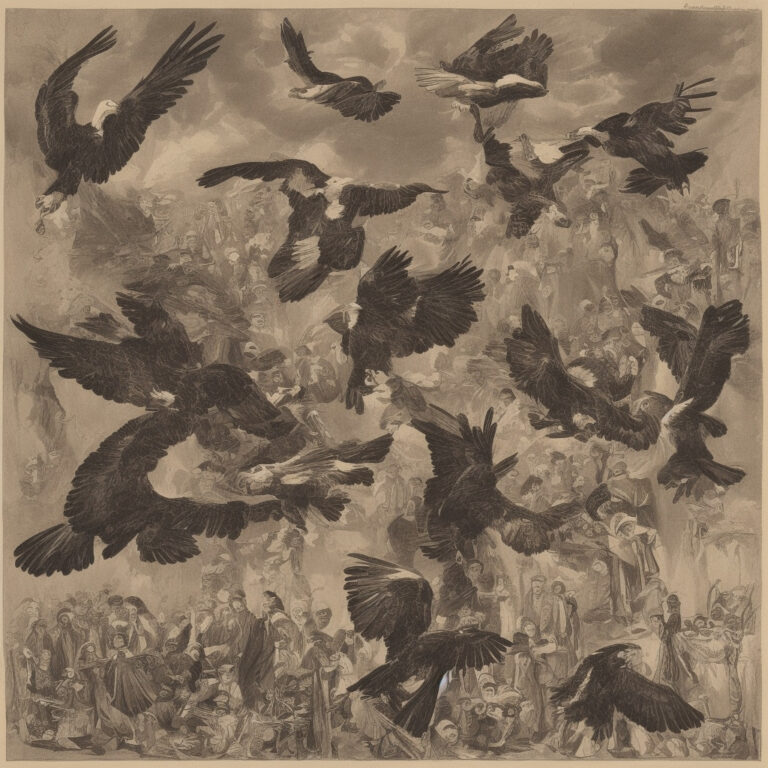
“Hotel California” has been highly praised since its release in 1977, receiving numerous awards and accolades throughout the years. The song’s intricate guitar work and haunting lyrics earned it the Grammy Award for Record of the Year in 1978. It was also inducted into the Grammy Hall of Fame in 2003, a testament to its lasting impact on the music industry.
The song’s popularity has led to its use in multiple forms of media, including film, television, and video games. “Hotel California” has been featured in various movies, such as “The Big Lebowski” and “Absolutely Anything,” as well as TV shows like “The Simpsons” and “Supernatural.” In addition, the song can be heard in the soundtrack of the acclaimed video game “Grand Theft Auto: San Andreas,” allowing players to enjoy the Eagles’ classic as they navigate the streets of Los Santos.
Cover versions of “Hotel California” have also been produced over the years, showcasing the song’s versatility and widespread appeal. Notable renditions have been recorded by artists such as Frank Ocean, Nancy Sinatra, and Gipsy Kings. The Gipsy Kings’ flamenco-inspired rendition even secured a spot on the soundtrack of “The Big Lebowski,” adding a unique twist to an already iconic song.
Of course, “Hotel California” has also become a staple of the Eagles’ live performances. Its acoustic version, featured in the band’s 1994 “Hell Freezes Over” album, provides a fresh take on the classic tune and highlights the skillful musicianship of its creators. Undoubtedly, “Hotel California” has left an indelible mark on the music world and will continue to enchant listeners for generations to come.
Dissecting the Musical Mastery
Diving into the musical structure of “Hotel California”, it’s no wonder that this classic track has stood the test of time. Written in the key of B minor, the song features an intricate progression of chords that lends it a sense of tension and intrigue. The primary chord progression for the verses is Bm, F#, A, E, G, D, Em, and F#, while the chorus follows a pattern of G, D, F#, Bm, G, D, Em, and F#. This progression has a haunting quality that serves as the perfect backdrop for the song’s enigmatic lyrics.
Another striking aspect of “Hotel California” is its tempo. Clocking in at 75 beats per minute (BPM), the song maintains a slow and steady pace that allows the listener to fully absorb its rich instrumentation and evocative storytelling. The tempo is especially effective during the iconic guitar solos, where the slower pace allows the intricate fingerwork of Don Felder and Joe Walsh to truly shine.
Speaking of guitar solos, “Hotel California” boasts not one, but two legendary solos that have become an integral part of the song’s enduring appeal. The first solo, performed by Don Felder, is a masterclass in melodic phrasing and technical skill. Felder recorded his part using a Les Paul Custom equipped with humbucker pickups, which lend the solo a warm, round tone that perfectly complements the song’s laid-back groove. The second solo, by Joe Walsh, is equally impressive, showcasing the guitarist’s trademark slide technique and inventive use of double stops. The solos are performed in harmony, creating a rich tapestry of sound that elevates the track to new heights.
In addition to its memorable guitar work, “Hotel California” also features a solid rhythm section anchored by drummer Don Henley and bassist Randy Meisner. Henley’s drumming is understated yet effective, providing a steady pulse that drives the song forward without overpowering the other instruments. His use of cymbal swells and tasteful tom fills adds depth and character to the track. Meanwhile, Meisner’s bass lines are melodic and inventive, weaving seamlessly around the guitar parts and providing a solid foundation for the rest of the band.
Overall, the musical structure of “Hotel California” is a testament to the Eagles’ prowess as songwriters and musicians. The unique chord progression, slow tempo, and masterful instrumentation all come together to create a timeless classic that continues to captivate listeners more than four decades after its release.


